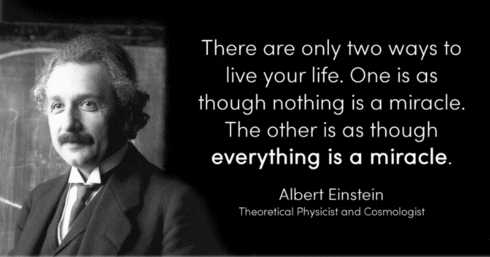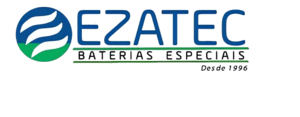
A Modified Harmonics Reduction Technique
for a Three-Phase Controlled Converter
Ali M. Eltamaly
Abstract—Three-phase controlled converters have many applications
especially in adjustable speed drives and renewable energy.
A three-phase controlled converter is a good option in these applications
due to its low cost, simplicity, and maintainability with
respect to other solutions like a full-bridge insulated gate bipolar
transistor converter or a Vienna rectifier. Line current harmonics
in this converter is very high; therefore, a harmonics reduction
technique is needed to remedy the problem. In this paper, an
improved injection current technique is introduced to reduce line
current harmonics. The optimal amplitude and phase angle of
the injection current for different loads and firing angles have
been mathematically determined. Simulation for this technique
has been performed by using the PSIM simulation program. An
experimental prototype has been built to verify the mathematical
and simulation results. The simulation and experimental results
show a sensitive variation in the total harmonic distortion of
the line current for the amplitude and angle of injection current
variations. The simulation and experimental results prove the
superiority of this technique in mitigating the requirements for
harmonics standards.
FULLPAPER HERE:http://repository.ksu.edu.sa/jspui/bitstream/123456789/6648/1/Modified%20Harmonics%20Reduction%20Technique%20for%20a%20Three-Phase%20Controlled%20Converter.pdf
LINK2:http://www.mediafire.com/?96w252ckdl10953

.gif)











